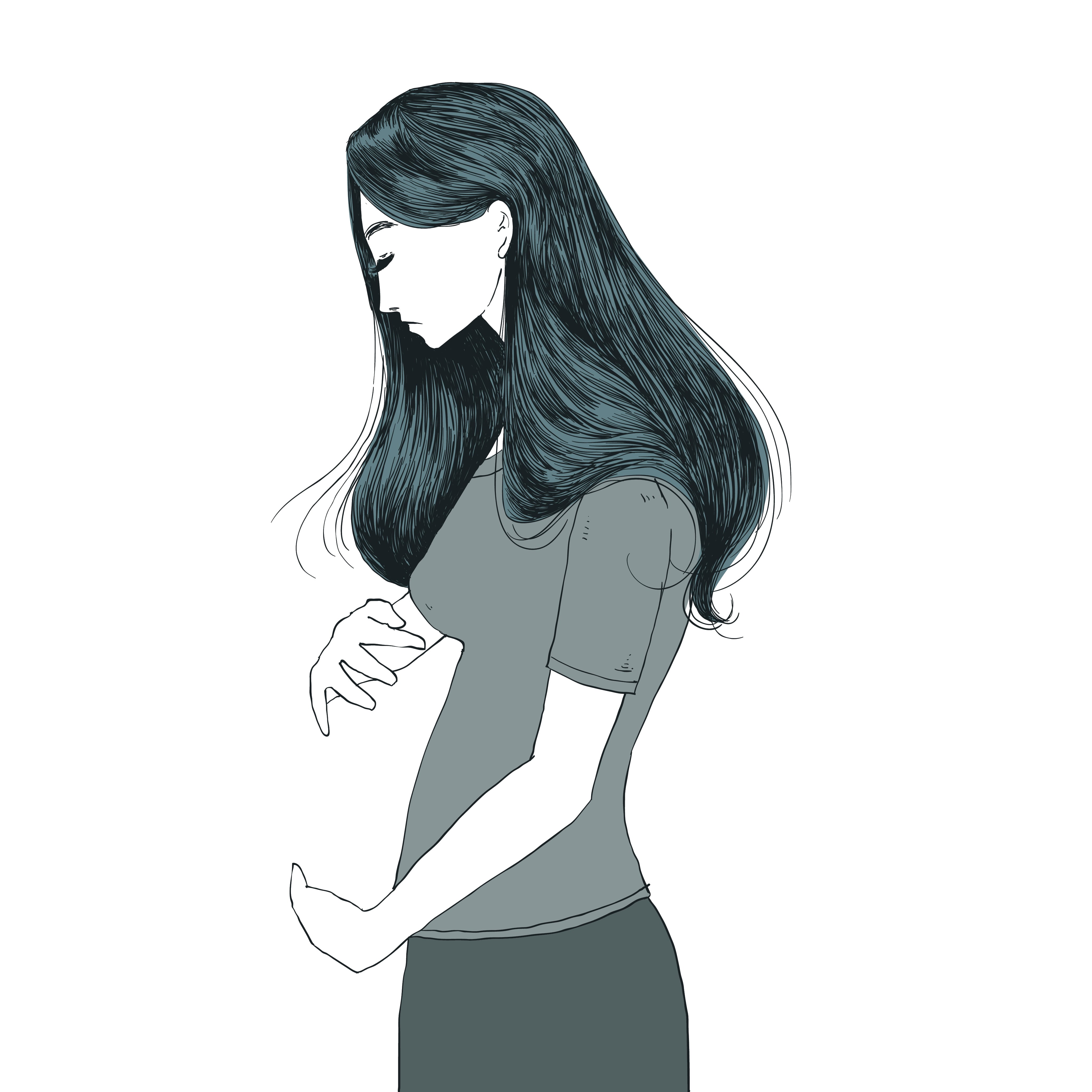Veterans and civil rights advocates filed two lawsuits against the Pentagon and the Department of Veterans Affairs Wednesday, alleging they were denied federal aid for in-vitro fertilization because of issues like their marital status, sexual orientation and the extent of their service injuries.
“For years, VA and DoD have enforced discriminatory policies harming service members and veterans,” said Sonia Ossorio, president of the New York City chapter of the National Organization for Women, filing one lawsuit in Manhattan and one in Boston, together with the Yale Law School Veterans Legal Services Clinic and the National Veterans Legal Services Program. “These members sacrificed for this country. They should not have to sacrifice their right to build a family.”
Currently, DoD and the VA healthcare policies state that service members and veterans can only receive access to IVF if they are legally married, have the ability to produce necessary sperm and eggs to build an embryo and their fertility is directly impacted by a severe injury, illness or service-connected disability.
The lawsuits claim that the current IVF treatment requirements are discriminatory and ask the court to declare the alleged discriminatory eligibility provisions unlawful. The lawsuits state that the current DoD and VA policies violate Section 1557 of the Affordable Care Act, which grants due process and equal protection to everyone, alleging that the current policies discriminate against individuals on the basis of sex, sexual orientation, marital status and the cause of their infertility.
Ashley Sheffield filed a lawsuit in federal court in Boston on behalf of a proposed class of veterans who are excluded from IVF access. Sheffield herself has been directly impacted by the IVF requirements in place by the VA. Due to injuries sustained during Sheffield’s service, she has developed issues that affect her fertility, qualifying her for the VA’s medical requirements, however, after seeking VA IVF services, she was denied due to being married to a woman.
“Like so many LGBTQ+ veterans, I honorably served in the Armed Forces, and I earned the health benefits that millions of veterans enjoy,” Sheffield said. “I’m shocked and disappointed that the VA is denying me and other veterans IVF benefits because we’re in same-sex marriages. We are entitled to equal treatment, and we should no longer be treated as second-class citizens.”

Sheffield’s case is not a singular experience, Lindsay Church, a non-binary NOW-NYC member, shared their experience in a statement at the press conference.
“My service came with severe injuries, leaving me disabled and unable to carry a child due to extensive damage to my ribs, sternum, spine, and torso,” Church wrote. “Despite my service-connected disability, my spouse and I do not have access to vital fertility treatments, such as IVF, because my disabilities are not to my reproductive system, and we are in a same-sex marriage.”
The VA only started providing IVF services in 2017, but with restrictions on who was covered delineated by Congress. Under pressure from rights advocates, VA has looked at loosening the rules but says Congress would have to enact the reforms. VA included such language in its 2023 budget plan, which would provide IVF to veterans who are single and in same-sex relationships, but the policy was not passed.
“We appreciate the VA’s proposal, but to our knowledge that budget proposal has not gone anywhere in this Congress,” said Yael Caplan, a representative from Yale Law School Veterans Legal Services Clinic. “So, if this Administration wants to stop unlawful discrimination, they can do so and stop enforcing these harmful conditions.”
NOW-NYC seeks revisions to this policy which include providing IVF services to same-sex couples, individuals who are single and access for individuals whose infertility has not been directly diagnosed as a result of military service.
The lawsuits specifically ask for the court to dismiss the requirements of marriage, the requirements to provide a sperm and an egg and the requirements that infertility be due to military services, citing these issues as discriminatory provisions.
“Ten years ago, the Supreme Court struck down the Defense of Marriage Act because that heinous law treated same-sex marriages as invalid and dehumanized LGBTQ+ people,” said Michael Stefanilo Jr., a partner who leads the LGBTQ+ Civil Rights practice at the Boston location of Brody Hardoon, Perkins, & Kesten, LLP. “There is no excuse for the VA breathing new life into the bigotry that LGBTQ service members and veterans have faced for hundreds of years.”
Georgina DiNardo is an editorial fellow for Military Times and Defense News and a recent graduate of American University, specializing in journalism, psychology, and photography in Washington, D.C.





